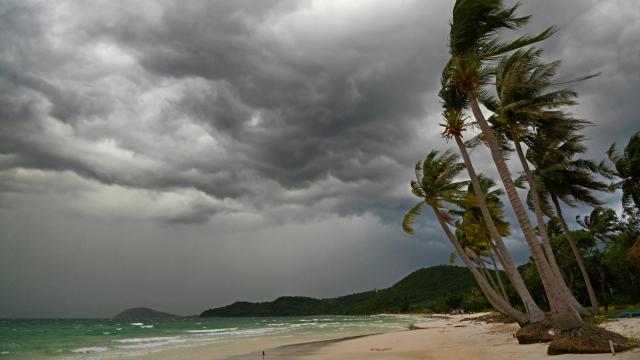Part of the appeal of travel is getting to experience something new, but dealing with a natural disaster while on vacation isn’t exactly what most people have in mind. With extreme weather becoming increasingly common, you may already have a plan in place for dealing with an emergency evacuation in your area. But what should you do if a natural disaster strikes while you’re on holiday? Here are some of the first steps to take.
What to do if a natural disaster occurs while you’re on vacation
To clarify, we’re talking about natural disasters happening in the location where you’re vacationing, like the recent wildfires that affected parts of Hawaii. (As opposed to natural disasters affecting your home while you’re away.)
Ideally, you would have done at least some prep before departing—like ensuring your passport wasn’t close to expiring, letting family or friends know where you’ll be and how they can reach you, and referring to Smart Traveller if you’re travelling abroad.
But let’s say you’re already on holiday when some type of natural disaster hits. Here’s what to do first.
Pay attention, stay informed, and take shelter
Seek out any alerts or announcements from the local government, including emergency and public health departments. Follow instructions regarding evacuation, taking shelter, and any other safety measures. Check the weather and news apps if you’re still able to use your phone and/or access the internet.
Keep your valuables and documents on you
In addition to your travel documents, keep your cash, credit cards, medications, and any other important (and small) valuables on your person at all times.
Stick together
If you’re travelling with family, friends, coworkers, or another group, your best bet is to stay together, if possible. If you don’t have to spend time tracking people down, everyone can focus on staying safe.
Update loved ones at home
Pick a designated contact person back at home, and keep them updated regarding your whereabouts and situation, when you have an opportunity to do so. Rather than using up your phone’s battery, have that person keep other loved ones informed, if necessary.
You can also use social media to communicate, or at least mark yourself as being safe (if that’s the case). Also, turn on Find My or another geolocating or tracking app, which could help loved ones or emergency services find you if you end up lost or trapped.

Leave a Reply
You must be logged in to post a comment.